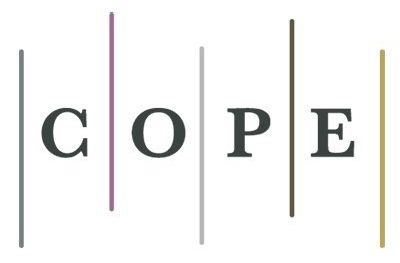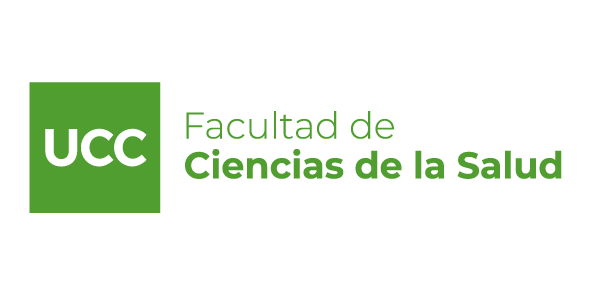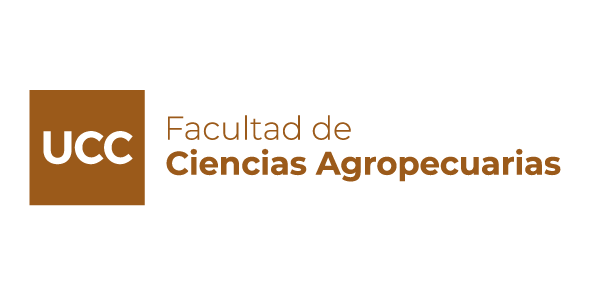Oral Rehabilitation Program for the Elderly
DOI:
https://doi.org/10.22529/me.2025.10(1)09Keywords:
Geróntes, Implants, solidarity, prosthodontics, retentionAbstract
INTRODUCTION: The phenomenon of aging is a topic of concern among international organizations, both
public and private. It is a gradual and continuous process of natural change that begins in early adulthood.
During early middle age many body functions begin to gradually decline, including the oral cavity. The
various alterations that occur over time together cause a very marked deterioration in the individual's quality
of life.
OBJECTIVES: Prosthetically recover older adults with total bimaxillary tooth absence through the
installation of specific implants (minimally invasive) and complete dental prostheses. (No costs).
Actors involved: Department of Geriatric Dentistry, (CA.D. O) Faculty of Health Sciences. UCC. (Teachers
and 5th year students) Specialization Course in Oral Implantology (CA.I. O) Faculty of Health Sciences.
UCC. (Teachers, and Specialized Students).
Activities: Prosthodontic rehabilitation at the CA.D. O, installation of implants at the CA.I. O, technicalclinical conditioning of conventional complete prostheses to convert them into implant-retained ones.
(CA.D. O)
RESULTS: Noticeable increase in clinical signs of prosthetic retention in older adults wearing conventional
complete prostheses. Increase in the quantity and quality of phonemes expressed. Manifest fluency in
conversation. Increase in the types and variety of foods to be eaten. Marked variation in chewing times.
Change in attitude towards social involvement. Internalization of the value of solidarity. Strengthening ties
between teachers, students and patients. Notable improvement in the quality of life of the elderly adults
who underwent surgery.
CONCLUSION: The application and development of this work has given us a succession of very gratifying
events, both for the professional body, (undergraduate and postgraduate) students, and for our beloved
elderly. For professionals, the feeling of being able to contribute with our experience to the improvement
of the different oral functions and thus consequently to the improvement of the quality of life, this above
all was a rewarding experience for the teachers in full training and students who were able to feel the
comforting action of solidarity, with our neighbors, in our elderly, being able to concretely observe a frank
improvement in their oral functions (mastication, phonation, breathing, aesthetics), an idea that for many
of them was something "impossible" to experience again
Published
How to Cite
Issue
Section
License
Copyright (c) 2024 Methodo Investigación Aplicada a las Ciencias Biológicas

This work is licensed under a Creative Commons Attribution-NonCommercial-ShareAlike 4.0 International License.




















